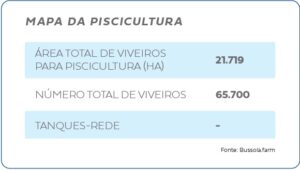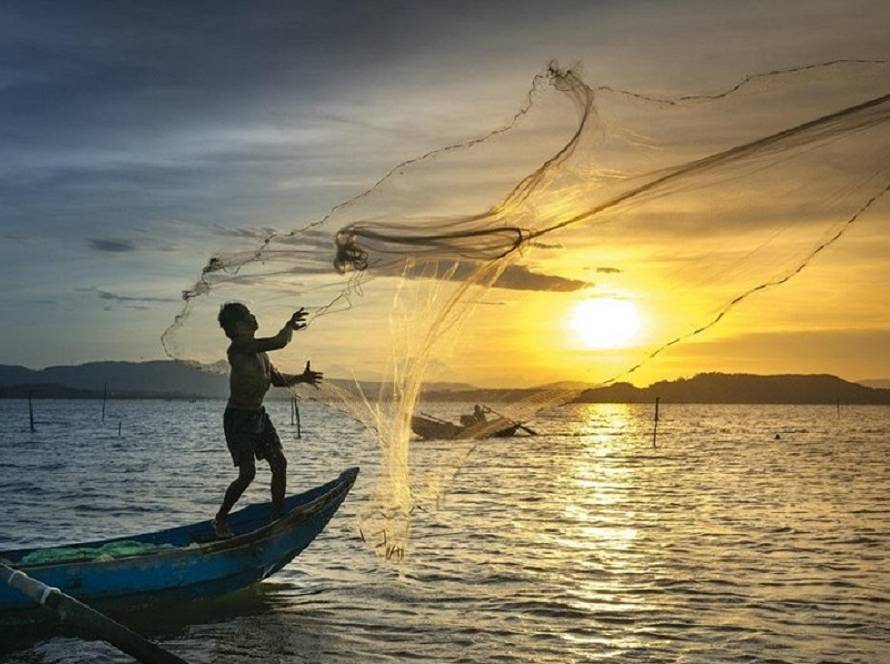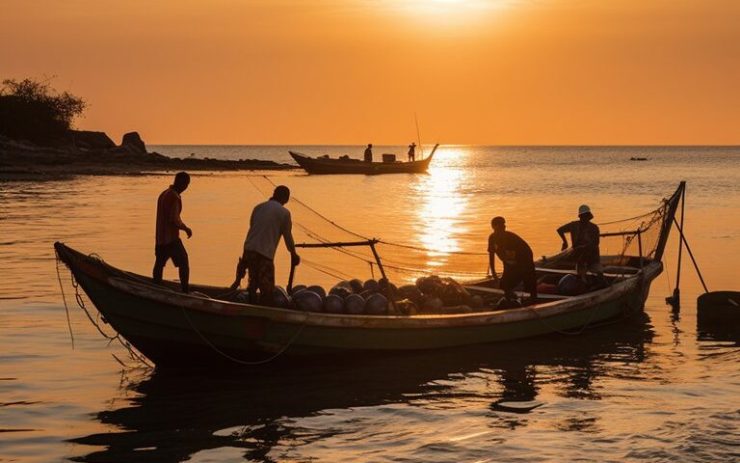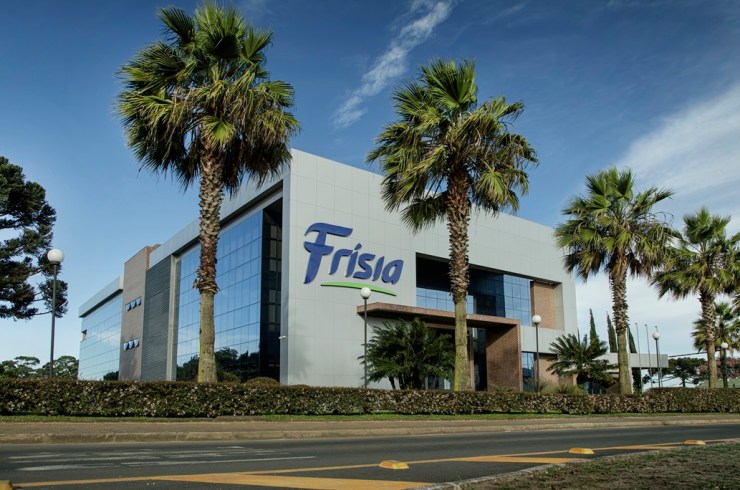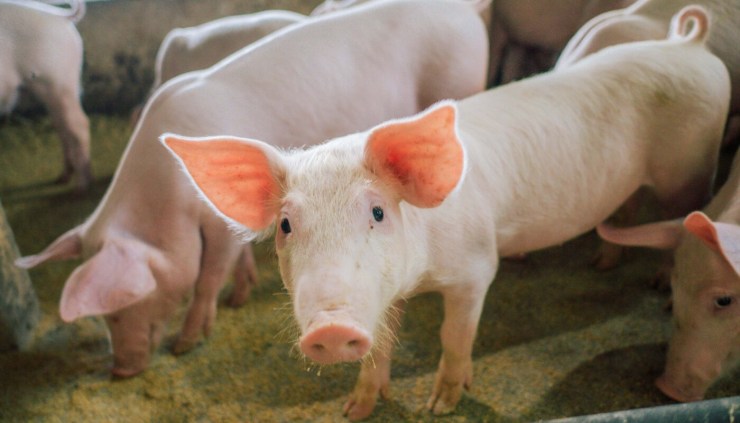Fish farming in Rondônia ended 2024 with a total production of 56,900 tons, representing a modest growth of 0.70% compared to the previous year. Despite the slowdown in recent years, the state maintains its national position of prominence in the breeding of native Amazonian fish, especially tambaqui, according to data from Peixe BR.
Most produced species:
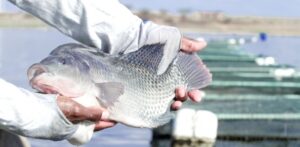
Photo: Disclosure/CNA
Of the 56,900 tons produced, 56,800 correspond to native species — a supremacy that reaffirms the region's vocation for fish farming focused on Amazonian biodiversity. Tilapia, the dominant species in many other states, still has a timid presence in Rondônia, with only 100 tons produced in 2024. Other species such as carp, trout and panga do not appear in the local production record.
With over 21 thousand hectares of land dedicated to fish farming and 65,700 fish farms in operation, Rondônia has a consolidated structure. However, it does not operate with net cages, a technology that has been widely used in other regions to increase productivity in controlled environments with less environmental impact.
Largest producing municipalities
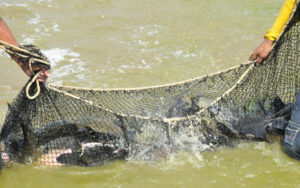
To resume a more vigorous cycle of growth, experts point out the need for investments in infrastructure, species diversification and greater access to consumer markets. Despite the challenges, Rondônia continues to be a giant in the production of native fish and holds enormous potential to be explored in a strategic and sustainable manner.


